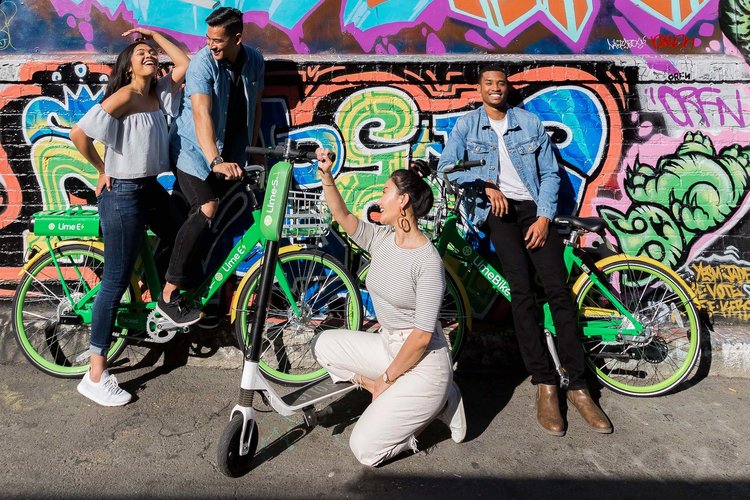 According to Balance Small Business, the sharing economy is one of the fastest growing business trends ever in history, with investors putting inmore than $23 billion in venture capital funding since 2010 into share-based model startups.
According to Balance Small Business, the sharing economy is one of the fastest growing business trends ever in history, with investors putting inmore than $23 billion in venture capital funding since 2010 into share-based model startups.
Since most of these businesses are private, it’s impossible to know the actual size of the sharing economy but there are several clues to indicate its massive impact on society. Airbnb and Uber have a combined $103 billion market cap which would rank them as the 38th wealthiest country in the world. In 2016, 44.8 million U.S. adults used the sharing economy, and it’s expected to grow to 86.5 million U.S. users by 2021. McKinsey estimates that in the U.S. and Europe alone, 162 million people or 20-30 percent of the workforce are providers on sharing platforms.
The healthcare industry is expected to generate annual revenues of $8.7 trillion by 2020. PWC research suggests that 86% of U.S. adults familiar with the sharing economy say that it makes life more affordable and 83% also agree that the sharing economy is more convenient and efficient than traditional methods.
Today discussing the transportation sharing economy from scooter rideshare company, was Phil Jones, Lime’s senior policy director for the east coast and Jennifer Young, the co-founder and CMO of Outdoorsy, the first fully insured peer-to-peer marketplace for RVs.
- Jennifer Young of Outdoorsy
- Phil Jones of Lime












